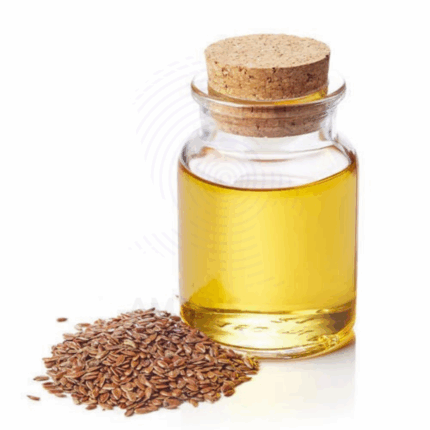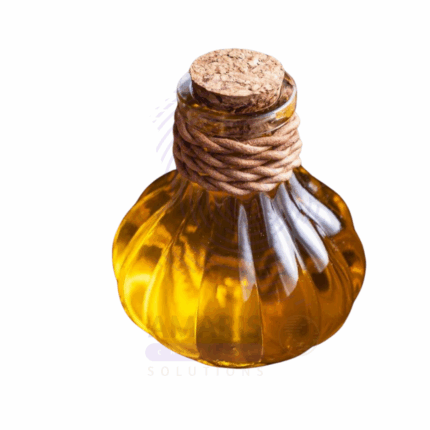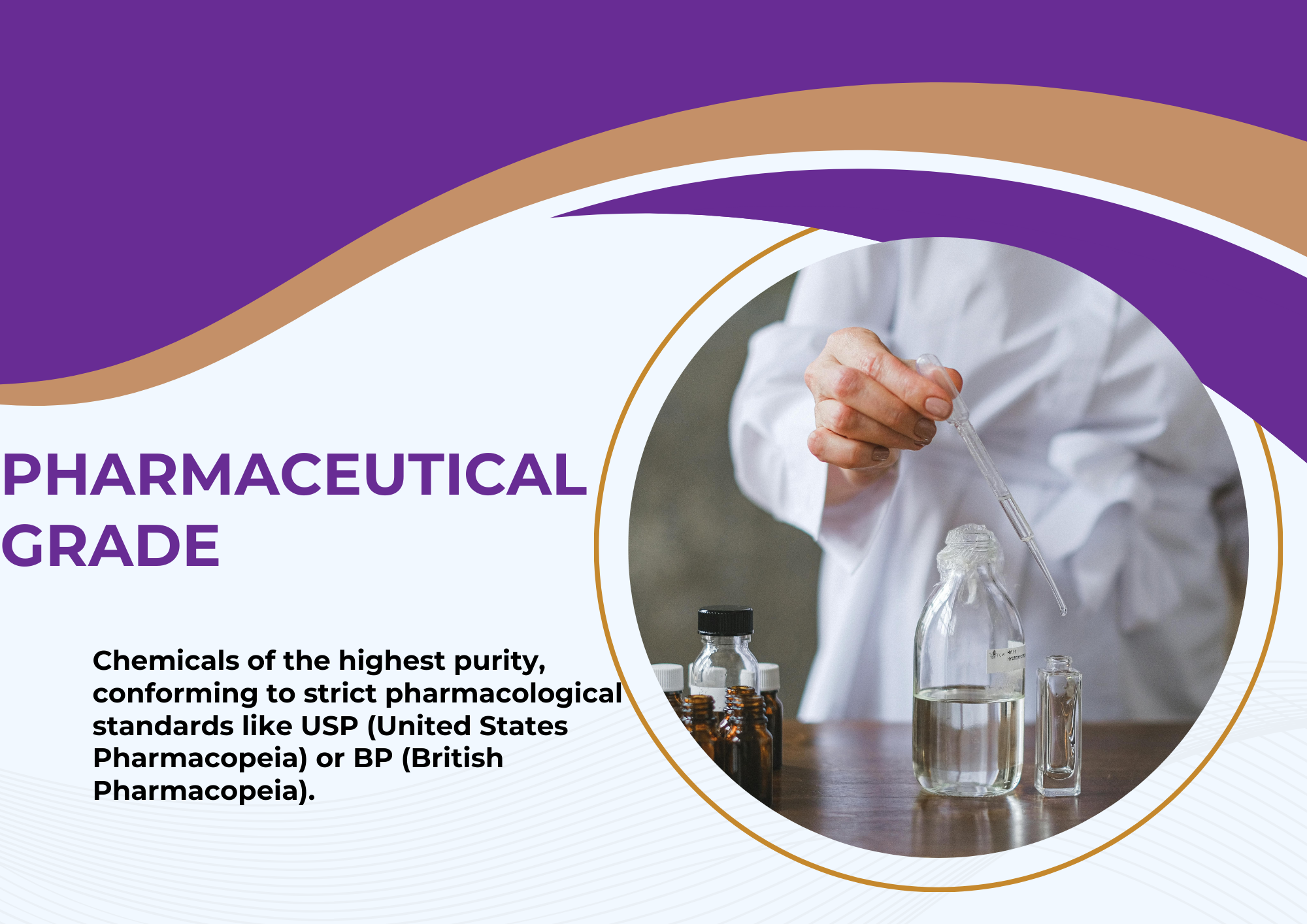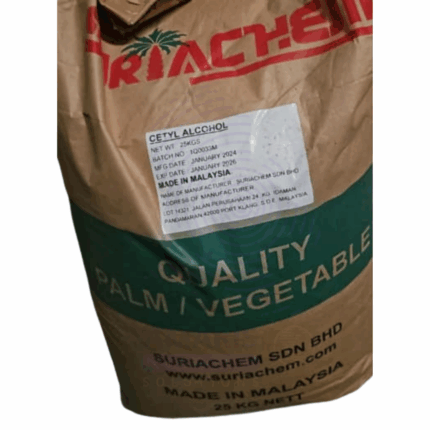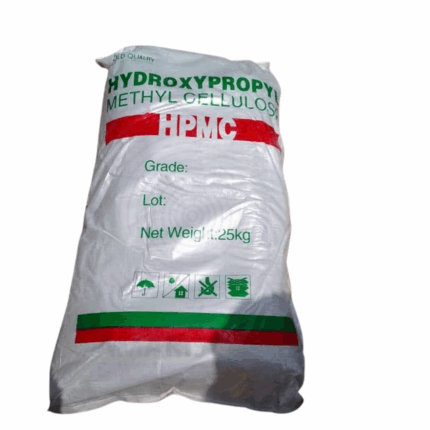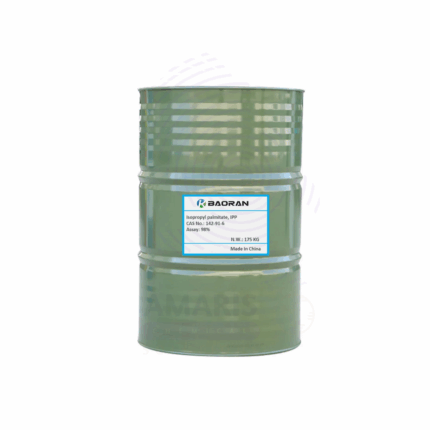Parrafin Wax Fully Refined
Parrafin Wax Fully Refined is a highly purified, odorless, white to pale yellow wax obtained from the refining of petroleum-derived crude paraffin wax. It consists primarily of saturated hydrocarbons (alkanes) with chain lengths typically between C20 and C40. Due to its excellent chemical stability, non-toxicity, and versatility, Fully Refined Paraffin Wax is widely used across numerous industries including cosmetics, pharmaceuticals, food packaging, candle making, rubber processing, and electrical insulation. It exhibits a high melting point, low volatility, and good water resistance.
Parrafin Wax Fully Refined
Primary Uses
Candle and Fragrance Industry
- Used as a primary material for candle production due to its clean burning properties, opacity, and ability to hold fragrance oils and dyes effectively.
- Provides a smooth finish and excellent texture in molded and pillar candles.
- Acts as a carrier for fragrance oils and essential oils in scented candles.
Cosmetics and Personal Care
- Used as a thickening agent, emollient, and moisture barrier in lip balms, creams, lotions, and ointments.
- Adds texture and stability to makeup products such as mascaras and lipsticks.
- Functions as a skin protectant by forming a water-repellent barrier.
Pharmaceutical Industry
- Employed as a base or excipient in ointments, suppositories, and topical formulations.
- Used in tablet coatings and as a release agent in pharmaceutical manufacturing.
Food Industry
- Approved as a food additive (coating agent) for candies, fruits, and vegetables to prevent moisture loss and enhance appearance.
- Utilized as a release agent in baking and confectionery molds.
Rubber and Tire Industry
- Used as an anti-tack agent and processing aid in rubber manufacturing to improve surface finish and prevent sticking during extrusion and molding.
Packaging and Paper Industry
- Applied as a coating or impregnation material to improve moisture resistance, gloss, and flexibility of paper and cardboard.
- Used in waxed paper products and cartons for food packaging.
Electrical and Industrial Applications
- Acts as an insulating material in electrical cables and components.
- Used as a lubricant and anti-corrosion agent for metal parts.
Secondary Uses
Textile Industry
- Used as a finishing agent to improve fabric water repellency and handle.
Agriculture
- Applied as a coating for seeds and fertilizers to control release and improve handling.
Art and Sculpture
- Used in encaustic painting and modeling wax due to its workable texture and stability.
Key Attributes
- Basic Identification Attributes
- Chemical Name: Fully Refined Paraffin Wax
- Common/Trade Name: Fully Refined Paraffin Wax
- CAS Number: 8002-74-2 (paraffin wax mixture)
- HS Code: 2712.90
- Molecular Formula: Mixture of hydrocarbons (primarily C20–C40 alkanes)
- Synonyms: Refined Paraffin Wax, White Paraffin Wax, Paraffin
- Physical & Chemical Properties
- Physical State: Solid wax, crystalline structure
- Color & Odor: White to pale yellow; odorless or faint hydrocarbon odor
- Melting Point: 54–58 °C (varies by grade)
- Density: Approximately 0.9 g/cm³
- Solubility: Insoluble in water; soluble in hydrocarbons, chloroform, benzene
- Stability: Chemically inert, stable under normal storage conditions
- Safety & Hazard Attributes
- Hazard Class (GHS): Not classified as hazardous; combustible solid
- Toxicity: Low toxicity; non-irritating and non-sensitizing to skin
- Exposure Limits: No established occupational exposure limits
- Storage & Handling Attributes
- Storage Conditions: Store in a cool, dry, well-ventilated area away from heat and ignition sources
- Container Type: Sealed polyethylene bags, drums, or blocks in pallets
- Shelf Life: Indefinite if stored properly; protected from contamination and moisture
- Handling Precautions: Avoid dust formation and ignition sources; use standard PPE as needed
- Regulatory & Compliance Attributes
- Approved for food contact use under FDA regulations (21 CFR 172.884)
- Compliant with EU food additive regulations (E905)
- Registered under REACH and other international chemical inventories
- Environmental & Health Impact
- Biodegradability: Slowly biodegradable due to hydrocarbon nature
- Ecotoxicity: Low toxicity; non-toxic to aquatic life in typical use concentrations
- Bioaccumulation: Low potential for bioaccumulation
- Carcinogenicity/Mutagenicity: Not classified as carcinogenic or mutagenic
Safety Handling Precautions
- PPE Required: Protective gloves and safety goggles when handling in powdered or molten form
- Handling Guidelines: Use in well-ventilated areas; avoid inhalation of dust or fumes
- Storage Measures: Keep away from heat and sources of ignition; store in sealed containers
- Hygiene Practices: Wash hands thoroughly after handling; avoid ingestion and prolonged skin contact
First Aid Measures
- Inhalation: Move to fresh air; seek medical attention if breathing difficulty occurs
- Skin Contact: Wash with soap and water; seek medical advice if irritation persists
- Eye Contact: Rinse immediately with plenty of water; seek medical attention if irritation develops
- Ingestion: Not expected to be harmful; rinse mouth and seek medical advice if large quantities ingested
Firefighting Measures
- Fire Hazards: Combustible solid; burns with a smoky flame
- Extinguishing Media: Water spray, foam, dry chemical, or carbon dioxide (CO₂)
- Special Precautions: Avoid inhalation of smoke and fumes; firefighters should wear self-contained breathing apparatus
- Decomposition Products: Carbon oxides and hydrocarbons


 Preservatives(food)
Preservatives(food) Flavor Enhancers
Flavor Enhancers Acidulants
Acidulants Sweeteners
Sweeteners Antioxidants
Antioxidants Colorants(food)
Colorants(food) Nutraceutical Ingredients (food)
Nutraceutical Ingredients (food) Nutrient Supplements
Nutrient Supplements Emulsifiers
Emulsifiers
 Collectors
Collectors Dust Suppressants
Dust Suppressants Explosives and Blasting Agents
Explosives and Blasting Agents Flocculants and Coagulants
Flocculants and Coagulants Frothers
Frothers Leaching Agents
Leaching Agents pH Modifiers
pH Modifiers Precious Metal Extraction Agents
Precious Metal Extraction Agents
 Antioxidants(plastic)
Antioxidants(plastic) Colorants (Pigments, Dyes)
Colorants (Pigments, Dyes) Fillers and Reinforcements
Fillers and Reinforcements Flame Retardants
Flame Retardants Monomers
Monomers Plasticizers
Plasticizers Polymerization Initiators
Polymerization Initiators Stabilizers (UV, Heat)
Stabilizers (UV, Heat)
 Antifoaming Agents
Antifoaming Agents Chelating Agents
Chelating Agents Coagulants and Flocculants
Coagulants and Flocculants Corrosion Inhibitors
Corrosion Inhibitors Disinfectants and Biocides
Disinfectants and Biocides Oxidizing Agents
Oxidizing Agents pH Adjusters
pH Adjusters Scale Inhibitors( water)
Scale Inhibitors( water)
 Antioxidants(cosmetic)
Antioxidants(cosmetic) Emollients
Emollients Fragrances and Essential Oils
Fragrances and Essential Oils Humectants
Humectants Preservatives
Preservatives Surfactants(cosmetic)
Surfactants(cosmetic) Thickeners
Thickeners UV Filters
UV Filters
 Fertilizers
Fertilizers Soil Conditioners
Soil Conditioners Plant Growth Regulators
Plant Growth Regulators Animal Feed Additives
Animal Feed Additives Biostimulants
Biostimulants Pesticides (Herbicides, Insecticides, Fungicides)
Pesticides (Herbicides, Insecticides, Fungicides)
 Active Pharmaceutical Ingredients (APIs)
Active Pharmaceutical Ingredients (APIs) Excipients
Excipients Solvents(pharmaceutical)
Solvents(pharmaceutical) Antibiotics
Antibiotics Antiseptics and Disinfectants
Antiseptics and Disinfectants Vaccine Adjuvants
Vaccine Adjuvants Nutraceutical Ingredients (pharmaceutical)
Nutraceutical Ingredients (pharmaceutical) Analgesics & Antipyretics
Analgesics & Antipyretics
 Analytical Reagents
Analytical Reagents Solvents(lab)
Solvents(lab) Chromatography Chemicals
Chromatography Chemicals Spectroscopy Reagents
Spectroscopy Reagents microbiology-and-cell-culture-reagents
microbiology-and-cell-culture-reagents Molecular Biology Reagents
Molecular Biology Reagents Biochemical Reagents
Biochemical Reagents Inorganic and Organic Standards
Inorganic and Organic Standards Laboratory Safety Chemicals
Laboratory Safety Chemicals Specialty Laboratory Chemicals(Special Laboratory Equipment)
Specialty Laboratory Chemicals(Special Laboratory Equipment)
 Demulsifiers
Demulsifiers Hydraulic Fracturing Fluids
Hydraulic Fracturing Fluids Scale Inhibitors(oil)
Scale Inhibitors(oil) Surfactants(oil)
Surfactants(oil) Drilling Fluids
Drilling Fluids
 Dyes and Pigments
Dyes and Pigments Bleaching Agents
Bleaching Agents Softening Agents
Softening Agents Finishing Agents
Finishing Agents Antistatic Agents
Antistatic Agents
 Admixtures
Admixtures Waterproofing Agents
Waterproofing Agents Sealants and Adhesives
Sealants and Adhesives Curing Compounds
Curing Compounds Concrete Repair Chemicals
Concrete Repair Chemicals Anti-Corrosion Coatings
Anti-Corrosion Coatings
 Surfactants(cleaning)
Surfactants(cleaning) Builders
Builders Enzymes
Enzymes Solvents (Cleaning)
Solvents (Cleaning) Fragrances
Fragrances
 Electronic Chemicals
Electronic Chemicals Catalysts
Catalysts Lubricants
Lubricants Photographic Chemicals
Photographic Chemicals Refrigerants
Refrigerants Automotive chemicals
Automotive chemicals Pyrotechnic Chemicals
Pyrotechnic Chemicals
 Biodegradable Surfactants
Biodegradable Surfactants Bio-based Solvents
Bio-based Solvents Renewable Polymers
Renewable Polymers Carbon Capture Chemicals
Carbon Capture Chemicals Wastewater Treatment Chemicals
Wastewater Treatment Chemicals
 Pigments
Pigments Solvents(paint)
Solvents(paint) Specialty Coatings
Specialty Coatings Binders/Resins
Binders/Resins Additives
Additives Driers
Driers Anti-Corrosion Agents
Anti-Corrosion Agents Functional Coatings
Functional Coatings Application-Specific Coatings
Application-Specific Coatings
 Fresh Herbs
Fresh Herbs Ground Spices
Ground Spices Whole Spices
Whole Spices Spice Blends
Spice Blends Dried Herbs
Dried Herbs
 Leavening Agents
Leavening Agents Dough Conditioners
Dough Conditioners Flour Treatments
Flour Treatments Fat Replacers
Fat Replacers Decoratives
Decoratives Preservatives(baking)
Preservatives(baking)
 Plasticizers & Softeners
Plasticizers & Softeners Reinforcing Agents
Reinforcing Agents Adhesion Promoters
Adhesion Promoters Vulcanizing Agents
Vulcanizing Agents Antidegradants
Antidegradants Blowing Agents
Blowing Agents Fillers & Extenders
Fillers & Extenders Accelerators & Retarders
Accelerators & Retarders
